Veteran radio producer Jack Perkins has heard it all. Here, he gives some historical (and often hysterical) examples of radio censorship: who decided what stayed and what ended up on the floor, what was bleeped out or just didn't make it through at all.
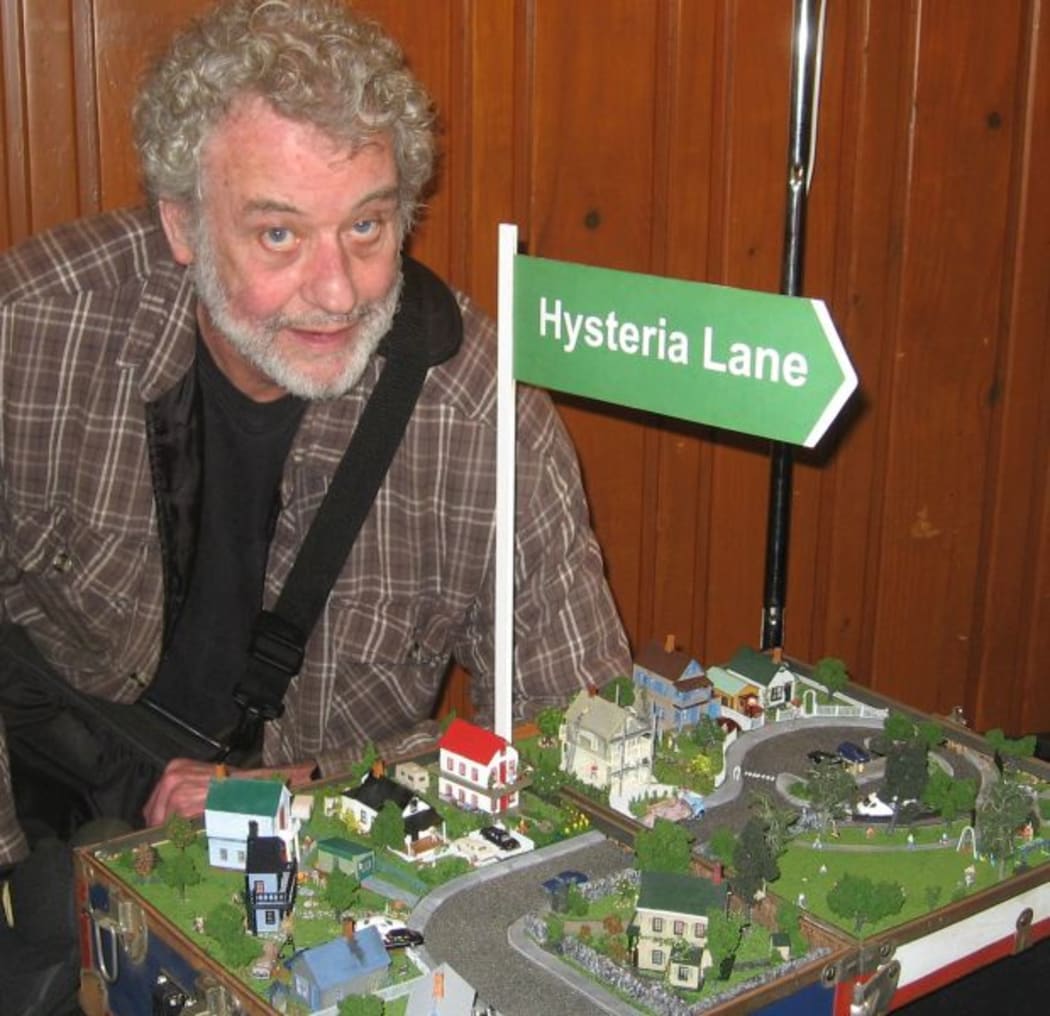
Jack Perkins visits Hysteria Lane Photo: RNZ / Jack Perkins
From the first broadcast in 1921, radio's first 40 years or so are punctuated by near-hysterical over-reactions, born out of fear of this first electronic mass medium. After all, the microphone could easily be hijacked by demagogues with nefarious designs. Newspaper readers had received a rudimentary education at least but radio could reach the ignorant, easily-led masses and incite them to riot and revolution. Radio had to be controlled!
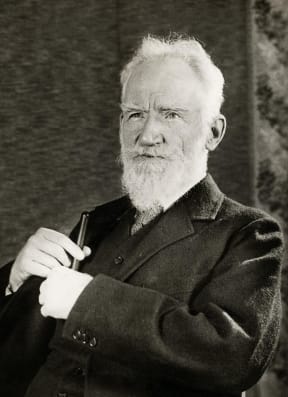
George Bernard Shaw, 1936. Photo: Public Domain
In 1923, broadcasting regulations were issued under the Post and Telegraph Act. They required all owners of a radio receiver to swear on the Bible, in front of a Justice of the Peace, that they would not misuse any sensitive information they might pick up. They also had to draw their radio's circuit diagram, just for good measure.
Irish playwright, author and socialist George Bernard Shaw toured New Zealand in the early 1930s. He somehow managed to dodge the radio censors who scrutinised all talks before broadcast.
On air, Shaw proclaimed that New Zealand had the potential to become a socialist paradise second only to the Soviet Union - shock horror! The depression was in full swing and support for the left was already rising among the unemployed masses. Rabble-rousing from Shaw was the last thing the government wanted.
Soon after Shaw, Indian philosopher Jiddu Krishnamurti visited. It is not certain but he probably wrote something about home rule for India which would have upset mother England. Anyway, his talk didn't escape the censors and it was banned.
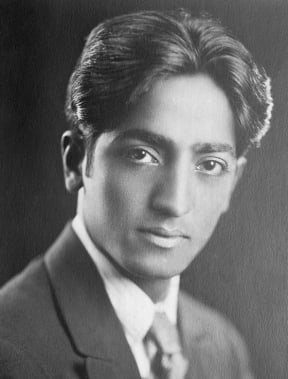
Jiddu Krishnamurti (1895-1986) circa 1920s. Photo: Public Domain
One of the censor's duties was to protect New Zealand from pernicious outside influences, particularly American. Popular songs with suggestive lyrics were an obvious target. American-produced serials, broadcast in weekday mornings, were hugely popular with housewives and they had to be cleansed of anything untoward.
Acetate discs were censored 'live' by the technician who referred to the censor's cue sheet and wound down the volume of the offending section. Of course, all radio was 'live' in the early days.
Sport wasn't beyond the censor's reach. After the Auckland test match during the 1956 Springbok rugby tour, New Zealand forward Peter Jones announced that he was "completely buggered". The broadcast was 'live' so good taste and decency had been breached. But the censors made sure that the offending phrase was removed from a repeat broadcast of the game that evening.
During the 1960 'No Maori No Tour' controversy that raged prior to the All Blacks tour of South Africa, paternalism reached new heights when the government-controlled New Zealand Broadcasting Service was instructed not to cover any of the controversy on Maori news bulletins.
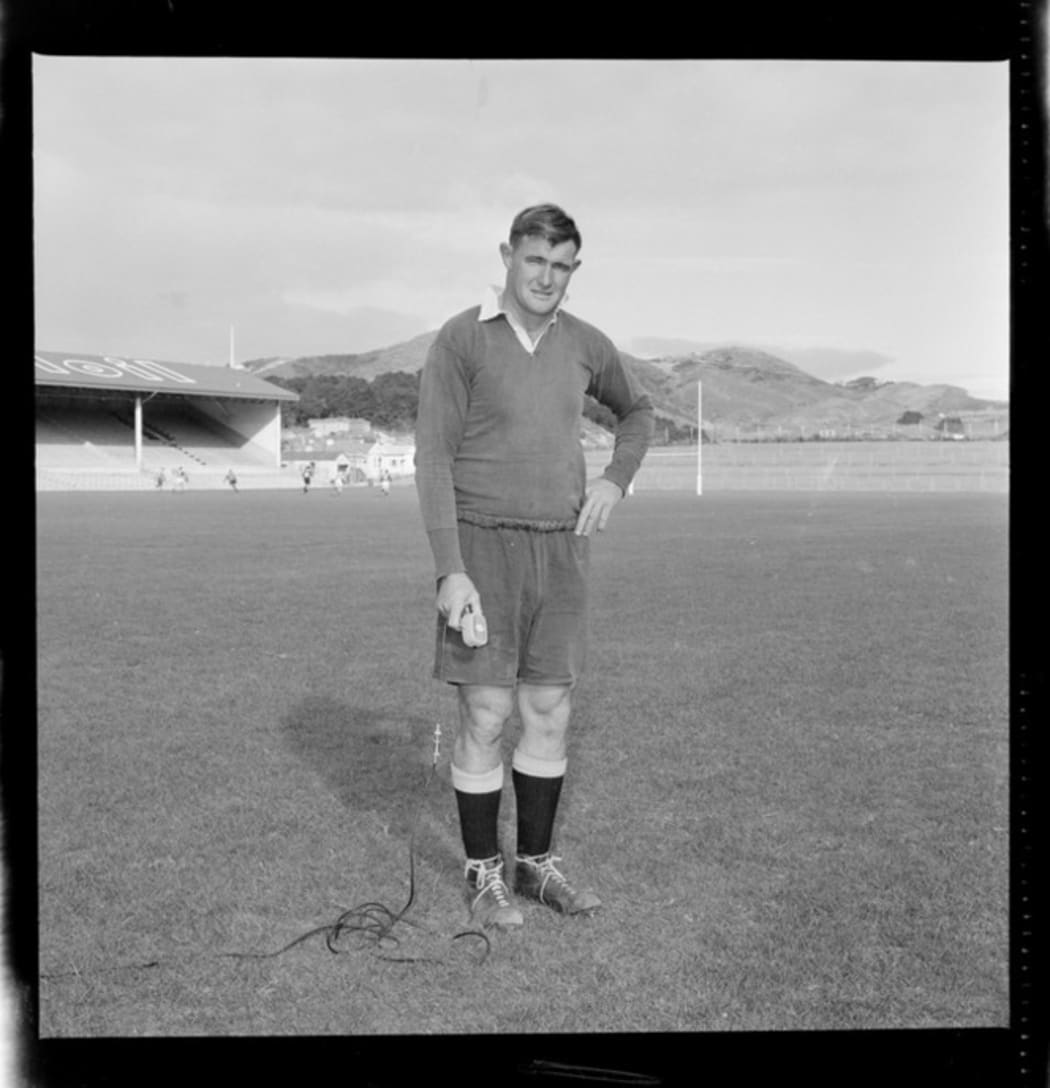
All Black Peter Jones on Athletic Park Rugby Ground, Wellington, 1960. Photo: Evening Post via Alexander Turnbull Library
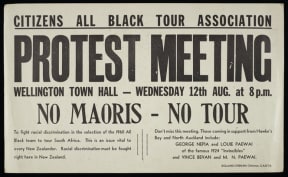
‘No Maori, No Tour’ poster, 1959 Photo: Alexander Turnbull Library
By 1962, the newly established New Zealand Broadcasting Corporation (NZBC) set up its first independent news service. But it was seen as risky to leave news in the hands of journalists. The phone would ring in the news room and NZBC Director General Gilbert Stringer would instruct that some item or other be struck from future bulletins.
Even in the late 1960s, the long arm of political control still had considerable reach - and grab.
In this case, while attending an official function, government strong man Rob Muldoon grabbed the dinner jacket lapels of NZBC Chairman Walter McKinnon and told him in pithy terms that all radio coverage of the Tiwai Point aluminum smelter controversy must be vetted by senior management. From then on, it was.
Listen to more about radio news censorship in 'The Cinderella service - The story of news'
Jack Perkins contributed to the television series 'The Naughty Bits - a history of censorship in New Zealand' - which screens on Prime Television at 9.30pm on Monday 23 and 30 March.

